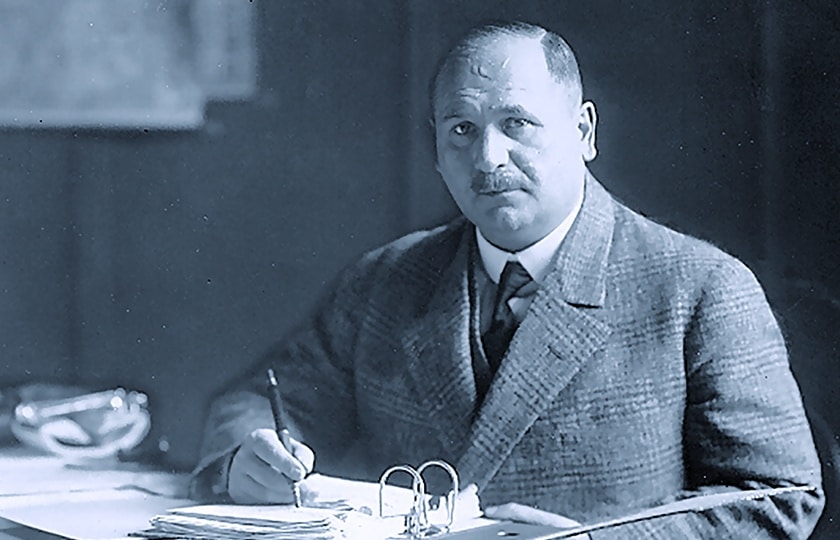The Leibniz Institute for Media Research │Hans-Bredow-Institut (HBI) examines media change and the related structural shifts in public communication. It combines basic research and research on knowledge transfer from cross-media, interdisciplinary and independent scholarly perspectives. Thus, the institute is a valued provider of problem-specific knowledge for politics, commerce and civil society.
Research Field and Approach
The research perspective of the Leibniz Institute for Media Research focuses on media-based public communication, regardless of the individual technical platforms involved. The institute’s research focuses on how certain forms of media-based communication influence different aspects of our lives, such as politics, economy, culture, education, law, religion and family, and how they contribute to structural transformations. The fact that the research activities are problem-oriented also leads to a distinct interest in the “new” media – and it is the Institute’s aim to contribute to their understanding as well as to their future shape.
This subject area requires interdisciplinary research. The professional backgrounds of the Institute’s researchers are adequately diverse. The organisational structure of the Institute is based on two main subject areas – the field of communication science and the field of law – where the latter is not only focused on legal matters as such, but also on research concerning regulatory structures. International comparative research is of great importance to the Institute; the Institute is therefore active in several international research networks.
The Institute is named after Hans Bredow, who played an important role in the development of broadcasting technology. He served as the “Rundfunkstaatssekretär” [State Secretary of Broadcasting] in the Weimar Republic, but stepped down from his office on the day the National Socialists took power. Later, he contributed a lot to the development of a public broadcasting system in the young Federal Republic of Germany. At that time, it also became clear that the area of media development is so important that it should be covered by an independent research institution. In 1950, Universität Hamburg and the broadcasting corporation “Nordwestdeutscher Rundfunk” thus founded the Hans-Bredow-Institut as an independent institution focusing on this field of research. As a so-called “affiliated institute” of the University of Hamburg, the Hans-Bredow-Institut was legally independent, but connected to the University of Hamburg in many ways.
Since 2019, the Institute is a member of the Leibniz Association and since then it’s name is Leibniz Institute for Media Research | Hans-Bredow-Institut (HBI). As a member of the Leibniz Association, the Institute is a research institute of supra-regional importance and is jointly funded by the Federal Government, the land Free and Hanseatic City of Hamburg and the other federal states. It is funded by the Federal Government, the land of Hamburg and the other Länder.




